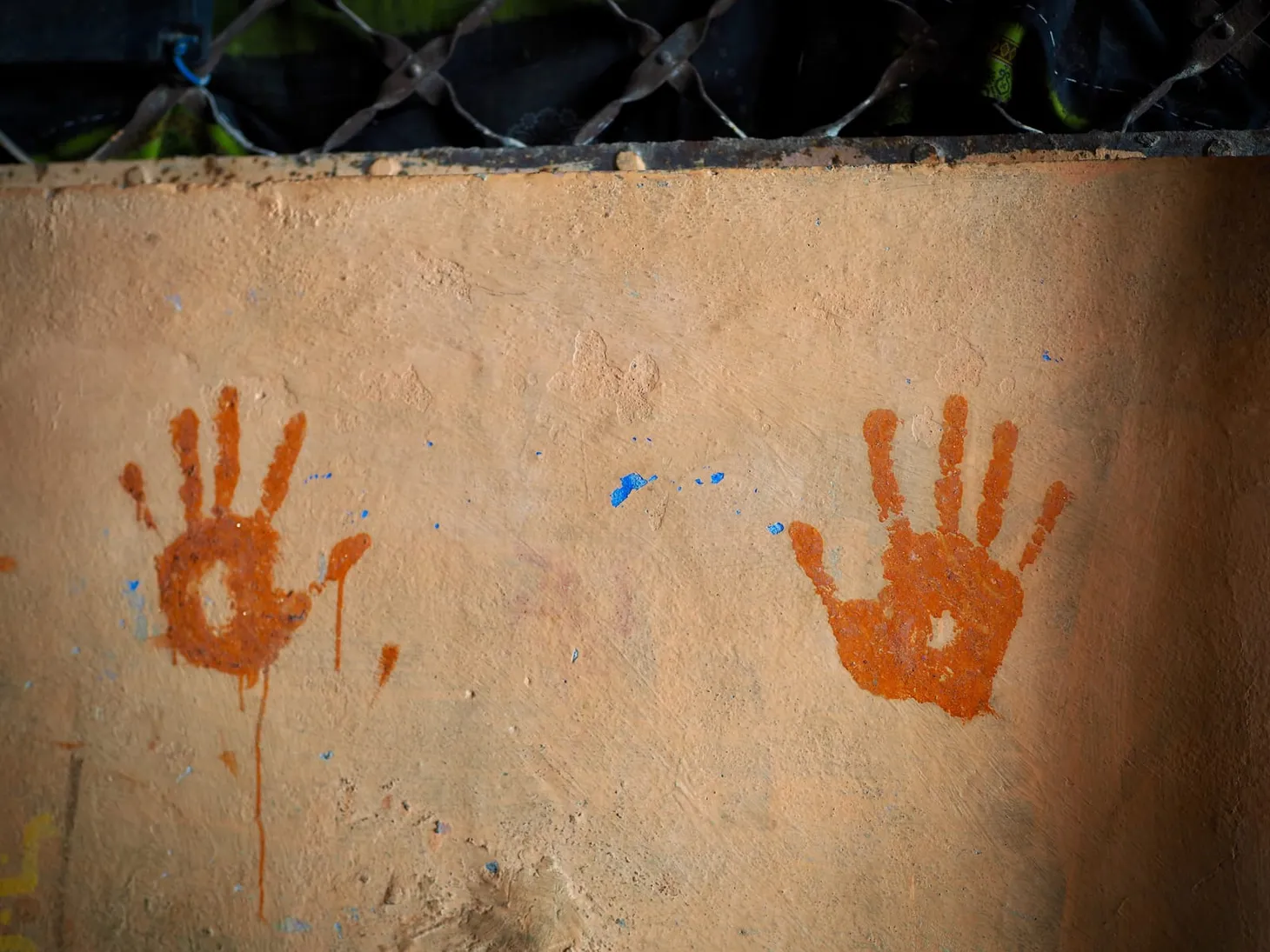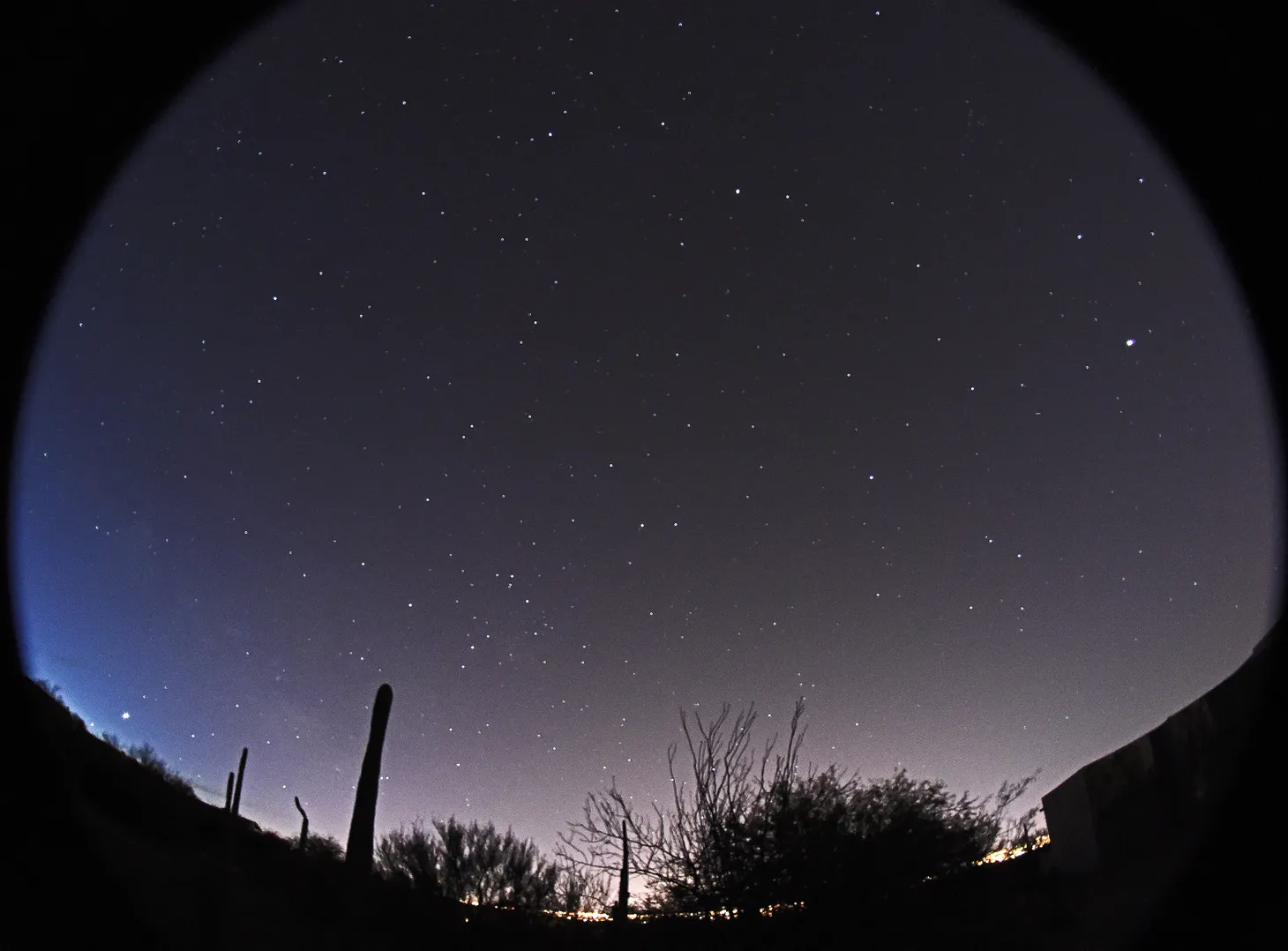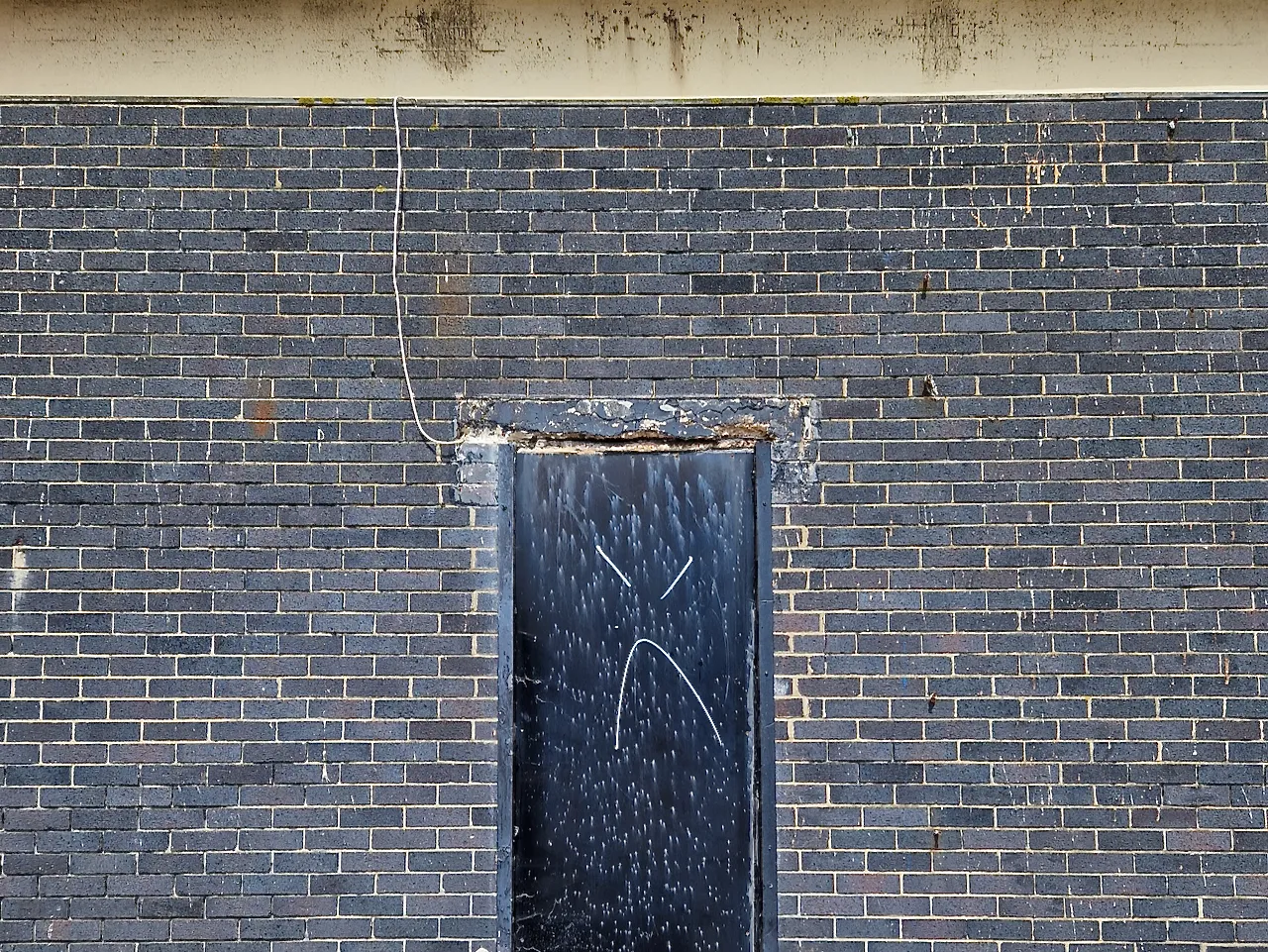You're Too Good For Perfection
Did you know that when we blush, our stomachs blush too? And that our eyes are sensitive enough to see the light of a candle 30 miles away? It's an amazing thing, our bodies. And its fragilty is a core part of that beauty.
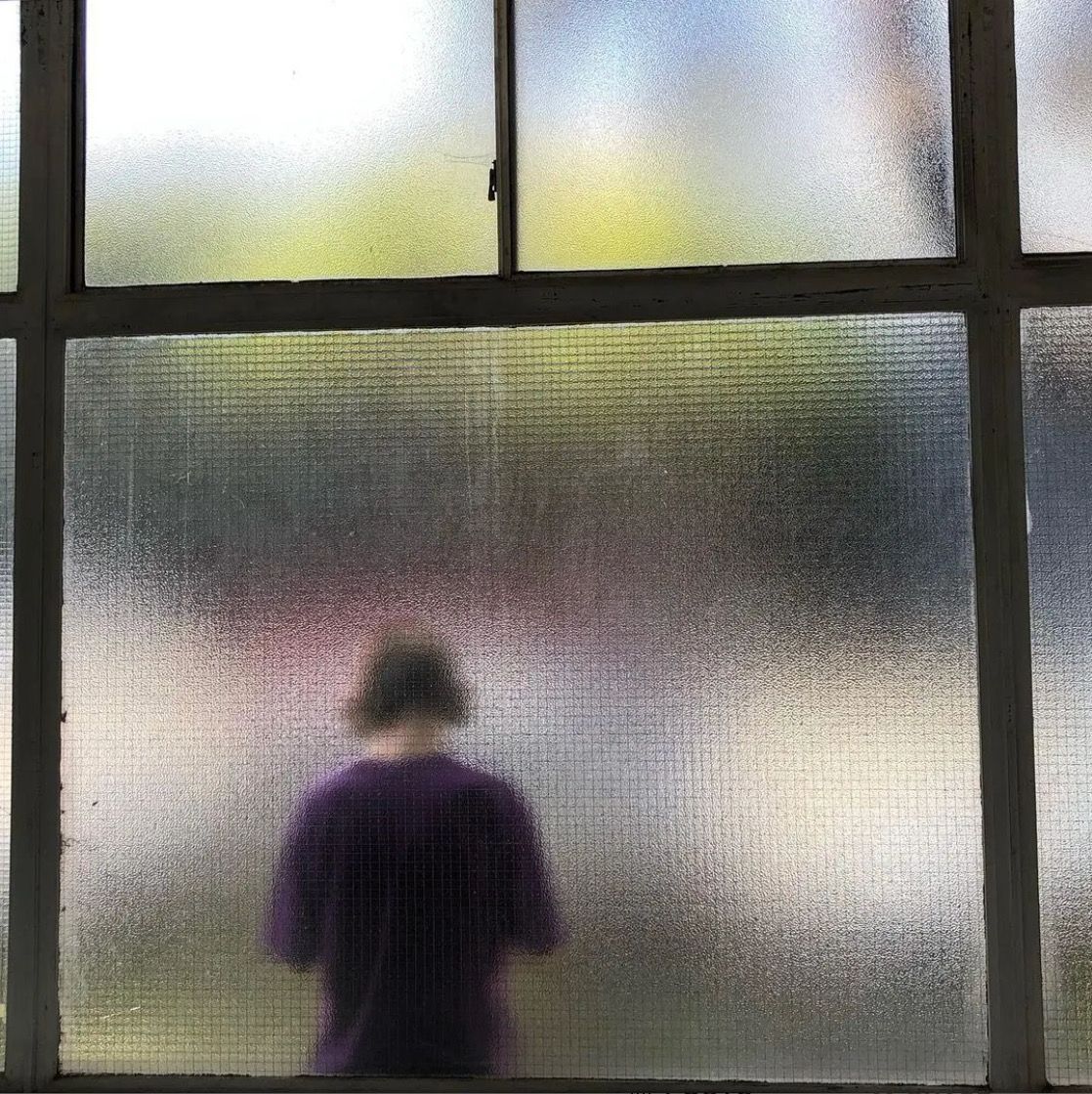
It's Menka here, with another letter about slowing down to notice more of this wild thing we call life.
If you're new here, Just Looking is a mindfulness project exploring ways of looking, and practicing observation as a creative act. Photography, too, as an intuitive way to weave this. We consider one philosophical idea each time, with a practical exercise, followed by five web links for wider inspiration about looking. Welcome!
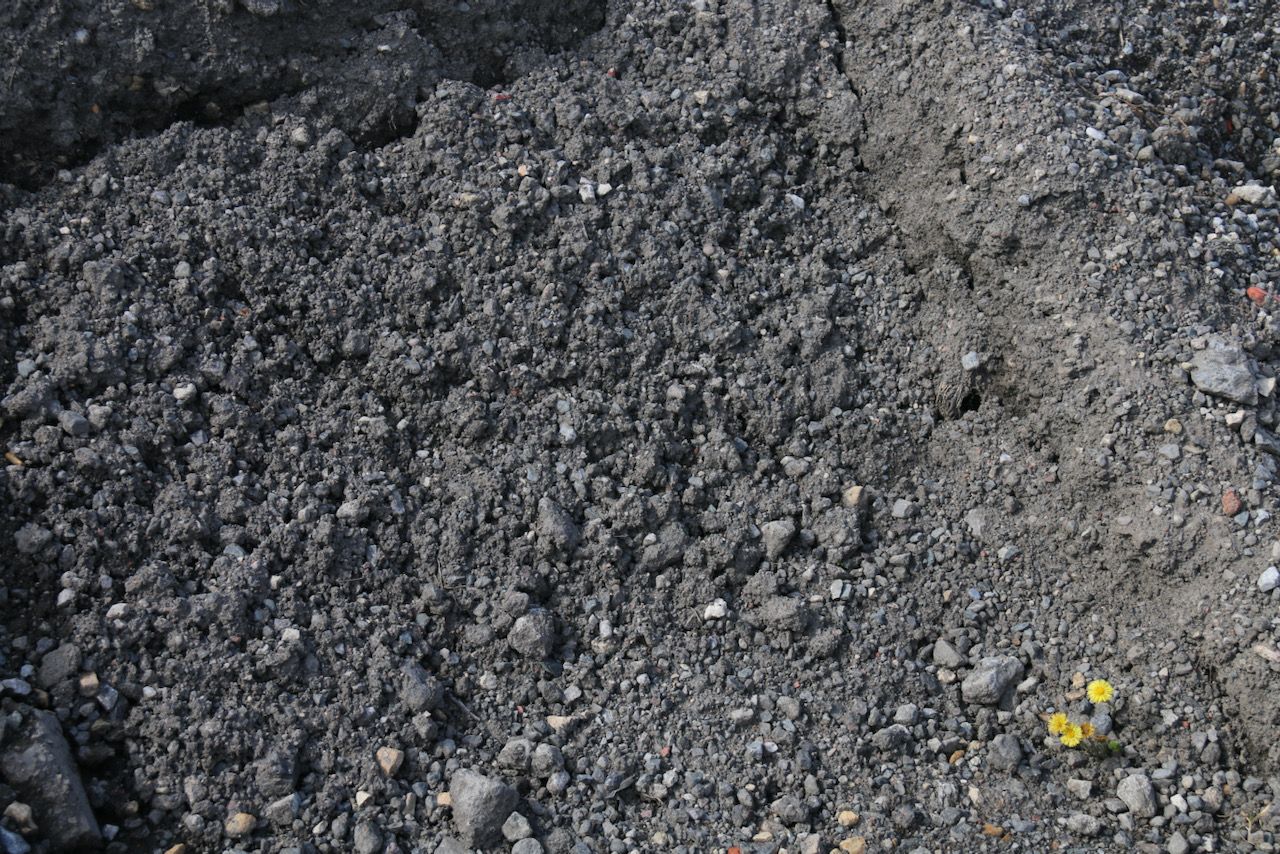
My thanks to all those who sent photographs after last time’s prompt about fragility. It’s always fascinating to see what you see, like this image from Penny above reminding us that even stones crumble. This time we build on that theme, by turning to the body. But first, an invitation….
This Thursday in London...
In a few days, I’ll be talking to the artist and activist Sophie Howard and the socially engaged photographer Leticia Valverdes, about mindful photography. We'll be exploring themes from Sophie's new book which I know many of you will love, The Mindful Photographer. It’s a clear and compelling take on the subject - contemplating how qualities such as humility, confidence, and playfulness can make photography a mindful practice. Refreshingly for a book in this genre, it doesn’t shy away from challenging issues such as white privilege. The event will be held at the Photographer's Gallery, and it’s free to attend. Come over and say hello if you can make it. It would be a rare delight to meet you in person!
When: 6.30pm, Thu 28 April 2022
Where: The Photographer's Gallery, Soho, London
Location: Cafe and Bookshop
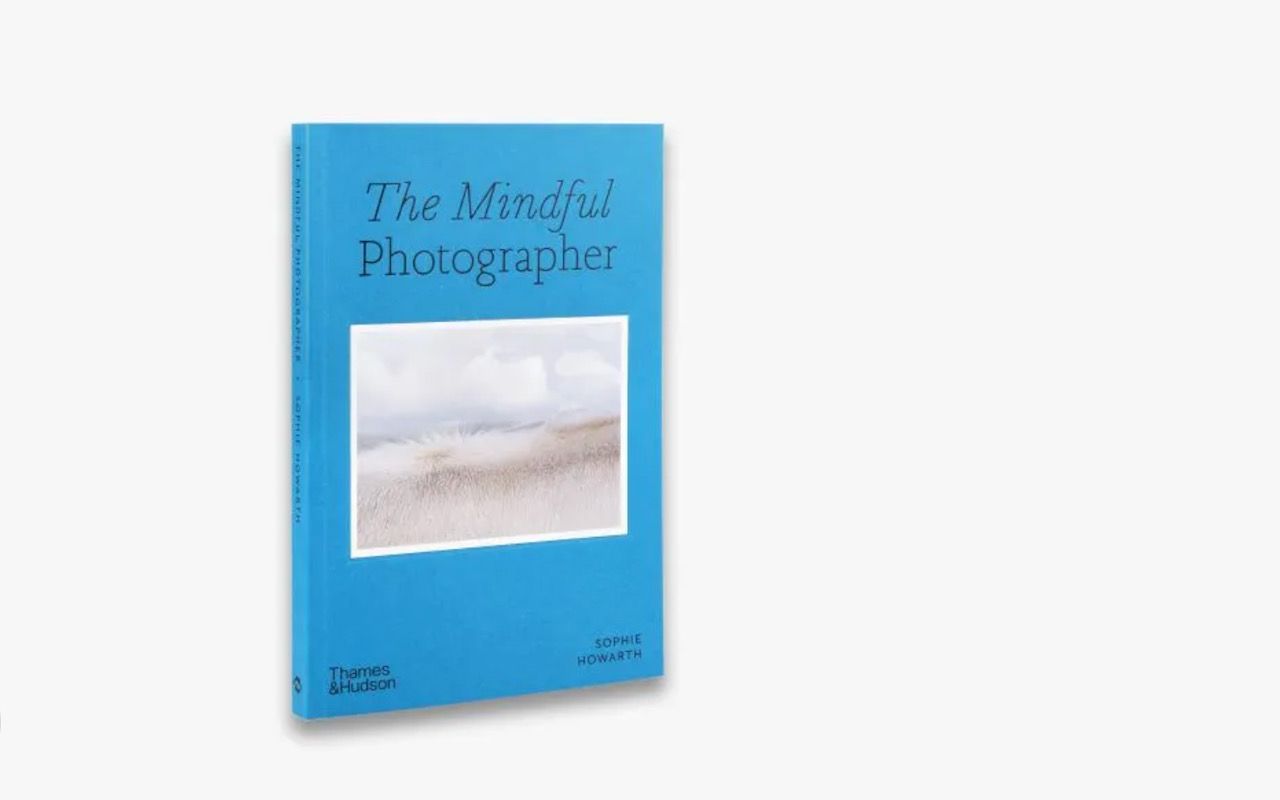
About Remembering the Body
“Things that are perfect
are dead things.
Empty things.
A silence beyond change or challenge.
An endpoint.
A blank page.
You are a wonderful messy thing.
An impossible thing made of salt
and rainwater.
Meat and electricity.
A dream with teeth.
You’re too good for perfection.”
- Jarod Anderson, The Field Guide to the Haunted Forest
How I love this poem, with its joyful acceptance of the messiness of being alive in our bodies. On the one hand, we spend a lot of time preparing food, improving our shelter, and buying gadgets, all just to keep our bodies comfortable. We are overly preoccupied with our bodies, some would argue. On the other hand, how many times during the day do we really pay friendly attention to the body?
When did you last appreciate your knees for the wobbly work they do in keeping you upright? Or thank your stomach for diligently digesting all the strange things we throw at it? Did you know that when we blush, our stomachs blush too, and the lining of our stomach turns red? And that our eyes are so sensitive that we could see the light from a candle 30 miles away? It’s an amazing thing. (I was nearly going to write “amazing machine”, but for the past few months I’ve been trying my best to avoid that analogy. The body is machine-like, sure, but we’re radically different than machines - we’re alive, and capable of being aware of that, and of being aware of our own awareness too. We’re too good to be perfect machines!)
So why remember the body? Awe and wonder, yes. Gratitude, yes. But in regularly and closely noticing the body, there is also a humbling recognition that this vessel we rely on is truly a temporary and dependent one. As many spiritual traditions point out, we are "shelterless".
At so many points in our lives, from birth to death, we rely on the kindness of others. L. M. Sacasas's newsletter on technology and society recently pointed me to the philosopher Alisdair MacIntyre who wrote a book titled "Dependent Rational Animals". He argues that dependence should be at the center of how we think about what it means to be human, because the cultivation of virtues relies on an awareness of our bodies being vulnerable.
To forget the body is to forget our dependence, our frailty, our limitations. To forget these is also to forget the value, indeed the necessity of humility, generosity, care, patience, and mercy. These and other like them are what MacIntyre called “the virtues of acknowledged dependence,” and they were, in his view, grounded in a recognition of our limitations and weaknesses as embodied creatures.
- L. M. Sacasas on Forgetting the body
Looking Exercise
Body Scan
"Body scan" is a simple mindfulness exercise in which we bring attention to each part of the body, noticing different sensations, and scanning from head to toe. The key thing is to be inclusive - not resisting, or trying to change anything. In Sophie's new book The Mindful Photographer, she suggests doing a photographic version of this exercise - excellent!
To start, I'd suggest choosing just one part of your body. Your neck, waist or feet perhaps. (The first body part that comes to mind). Explore it with your hands and eyes, noticing the shapes it makes, and the texture of your skin if there are no clothes covering it. Which parts of it are you attracted to? What parts would you rather not look at? Spend at least two minutes with it (use a timer, as for most of us it's hard to know how long that is when doing something unusual). Photography is optional, but I do find it helps, whether it's with a camera or a phone - when my finger moves toward the shutter button, and I'm forced to make a choice, that's when I see my preferences and biases most clearly.
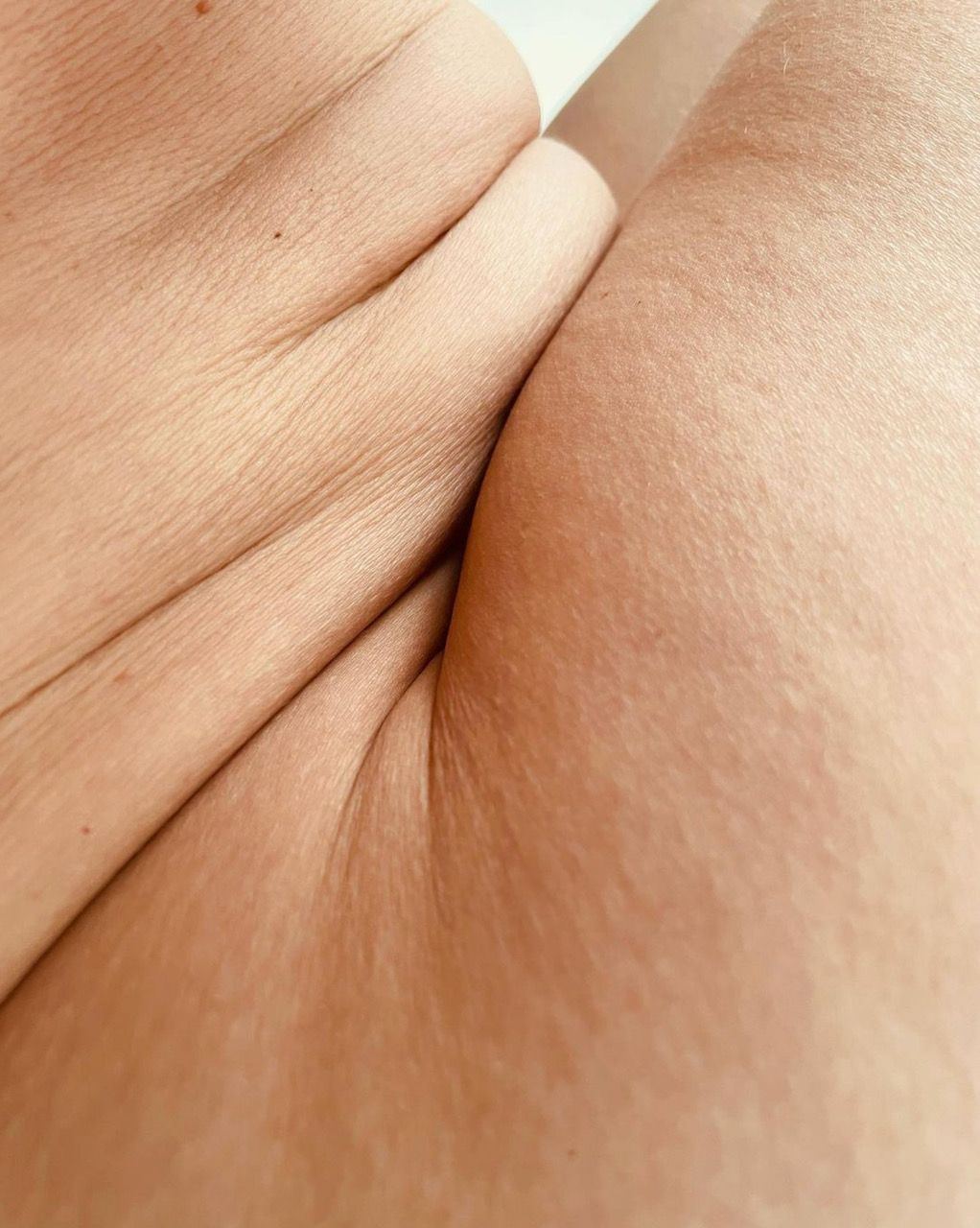
This is a photograph of Evamaria's waist against her thighs, that she posted on Instagram a few days back. She's been a wonderful member of the Just Looking community for a while, and I've been following her journey into self-portraits. She writes "What started with vanity shots in front of the mirror has turned into my self-discovery. Hello body, is this really you? Where did all that grey hair come from? The wrinkles, the tired eyes?" She started with her phone, and then moved to full-frame. "With every shutter release my shoulders soften now and I can extend more kindness to my own body. I appreciate it as it is."
Can we see our bodies with such honesty and kindness?
Links about Looking
Disturbingly Gorgeous: John Coplans [See / Read]
British artist and museum director's most famed artwork depicted segments of his own naked body, but never his face. He did this when he was 70-years old. A commentator once wrote: "There is nothing graceful about his hands, and yet they are disturbingly gorgeous."
Bird Songs Podcast [Listen]
Listen to bird songs from all over, with a new episode out every day. (
Thanks to Kim Manley-Ort's newsletter for this amazingness.)
Feynman's Ode to the Wonder of Life [Watch / Listen]
In the autumn of 1955, a decade before he won the Nobel Prize for his groundbreaking work on quantum electrodynamics, Feynman took the podium at the National Academy of Sciences to contemplate the value of science. Midway through his characteristically eloquent and intellectually elegant lecture, addressing the country’s most orthodox audience of academic scientists, he burst into what can best be described as a splendid prose-poem about the mystery and wonder of life, inspired by a reflective moment he spent alone on the edge of the sea.
- Maria Popova on the Marginalian
Happy Birthday Hubble [Watch]
It was the Hubble Space Telescope's 32nd birthday last week, and on that day it shared an image of a collection of five galaxies hanging out together, unusually close. Three spiral-shaped galaxies, one elliptical, and one lenticular (like a lens). Gravity is slowly pulling them together, and eventually, in 1 billion years they are expected to collide to form a giant new galaxy.
On Making Art [See]
JP Flintoff: "I make art to celebrate what seems beautiful, reflect on things that are painful, and generally understand the world around me". I'm really enjoying his sketches on Instagram at the moment.
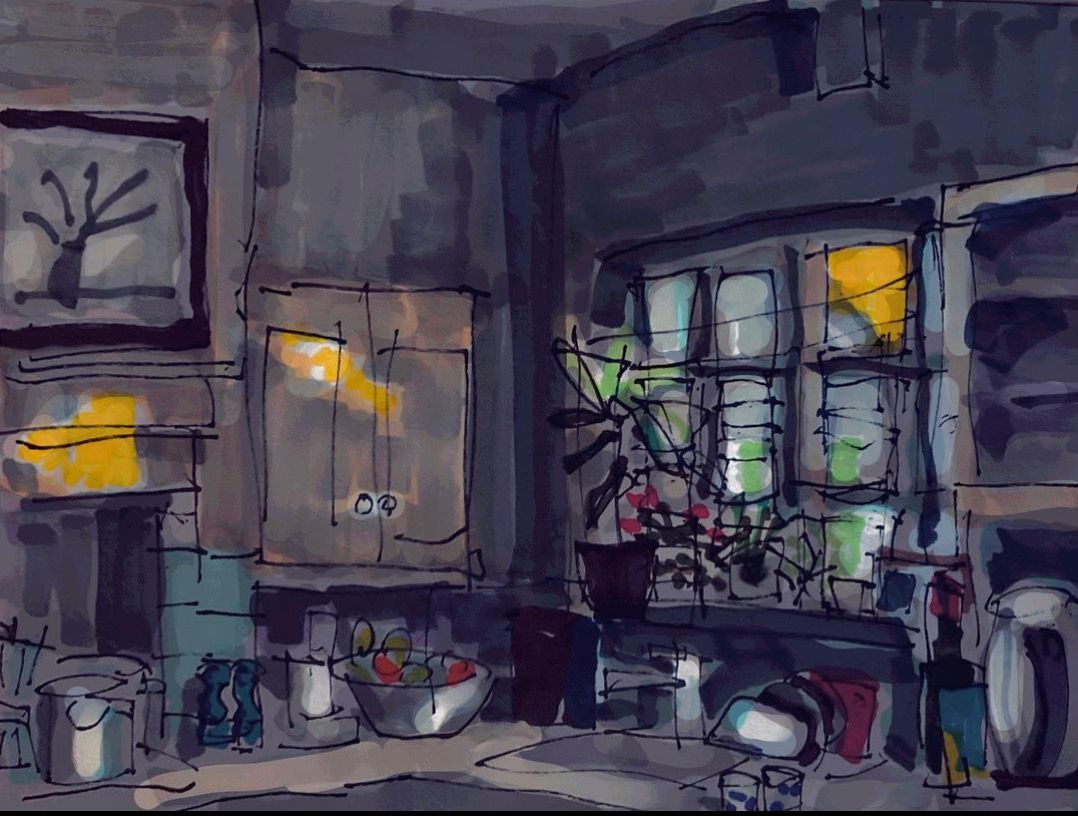
I'd love to hear your thoughts on any of this, or ideas for future letters - just hit reply. That's why I like writing this newsletter so much, it feels a little more offline, quiet, and intimate than social media. Cheers for being here!
Yours in curiosity,
Menka
Just Looking Website
Just Looking Instagram
Noticing – Our Newsletter
Join our newsletter community for monthly inspiration to slow down and stay curious about everyday life and what matters most to you.


